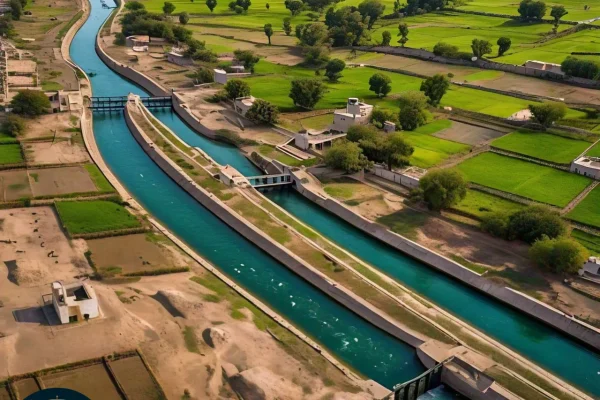
The Role of Natural Resources in the Greater Israel Theory: An In-depth Analysis
This article explores the significance of natural resources in the context of the Greater Israel Theory. By examining historical, political, and economic dimensions, we analyze how these resources influence Israel’s expansionist policies, regional dynamics, and global geopolitics. With a focus on oil, water, and agricultural resources, this comprehensive study aims to shed light on the complex interplay between natural wealth and national strategy in Israel.









